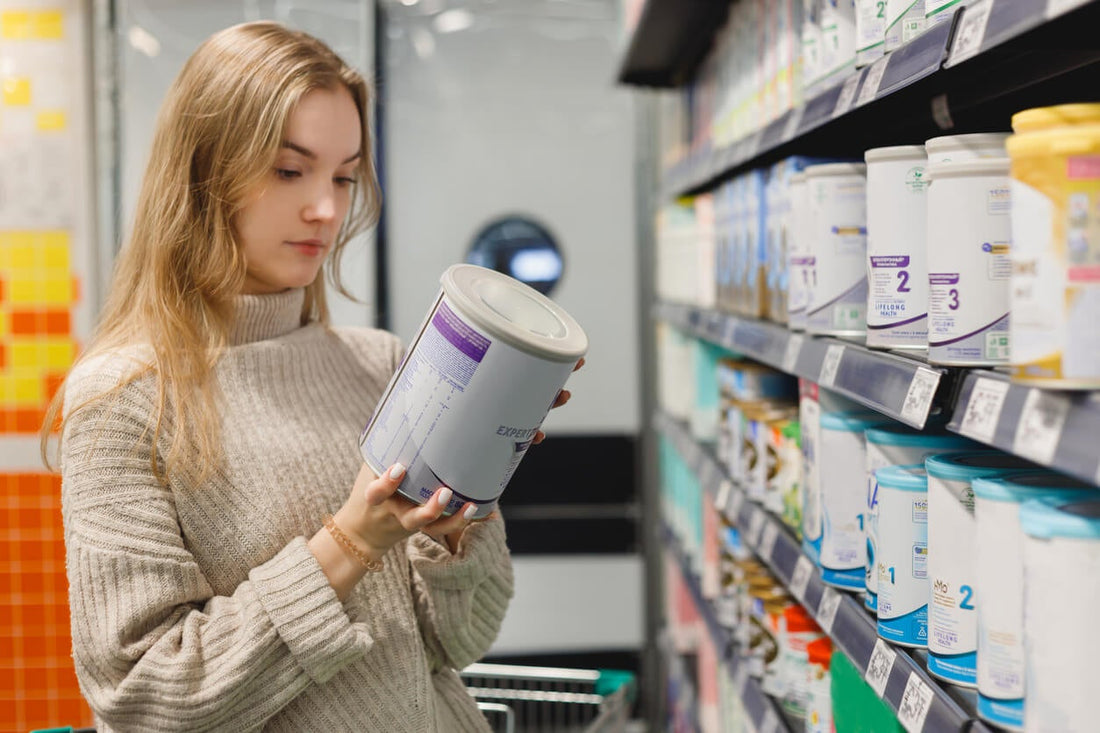How to Properly Store Baby Formula?
Ensuring the proper storage of baby formula is essential for maintaining its nutritional quality and safeguarding your little one's health. Here are some key guidelines on how to store baby formula correctly:
1. Follow Manufacturer Instructions:
Always adhere to the specific storage instructions provided by the formula manufacturer. Different brands and types of formula may have varying storage recommendations, so it's crucial to follow the guidelines on the product packaging.
2. Store in a Cool, Dry Place:
Store the formula in a cool and dry place, away from direct sunlight and extreme temperatures. Excessive heat or humidity can compromise the nutritional content of the formula. A pantry or cupboard is often an ideal location.
3. Keep the Container Sealed:
Once opened, formula containers should be tightly sealed to prevent exposure to air and moisture. Use the scoop provided or a clean, dry utensil to measure the formula, and avoid introducing any contaminants.
4. Use Within Recommended Time Frame:
Pay attention to the recommended time frame for using the formula once the container is opened. Most manufacturers suggest using the formula within a certain number of weeks to ensure freshness and potency.
5. Refrigeration Guidelines:
Some liquid or ready-to-feed formulas may require refrigeration after opening. Follow the specific refrigeration guidelines provided on the packaging. Refrigerated formula should be stored at the recommended temperature, typically between 32°F to 35°F (0°C to 2°C).
6. Check for Signs of Spoilage:
Regularly inspect the formula for any signs of spoilage, such as changes in color, odor, or texture. If you notice any abnormalities, discard the formula immediately. Spoiled formula can pose health risks to infants.
7. Avoid Preparing Formula in Advance:
To maintain freshness and minimize bacterial growth, it's advisable to prepare formula just before feeding. If you need to prepare formula in advance, store it in the refrigerator and use it within the recommended time frame.
8. Traveling with Formula:
If you need to travel with prepared formula, use insulated containers to keep it at the correct temperature. Follow the manufacturer's guidelines for traveling with formula and ensure it remains safe for consumption.
In conclusion, proper storage of baby formula is crucial for ensuring its safety and nutritional quality. By following these guidelines and staying informed about the specific recommendations of the formula you use, you can provide your baby with a safe and nourishing feeding experience.








